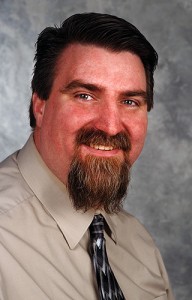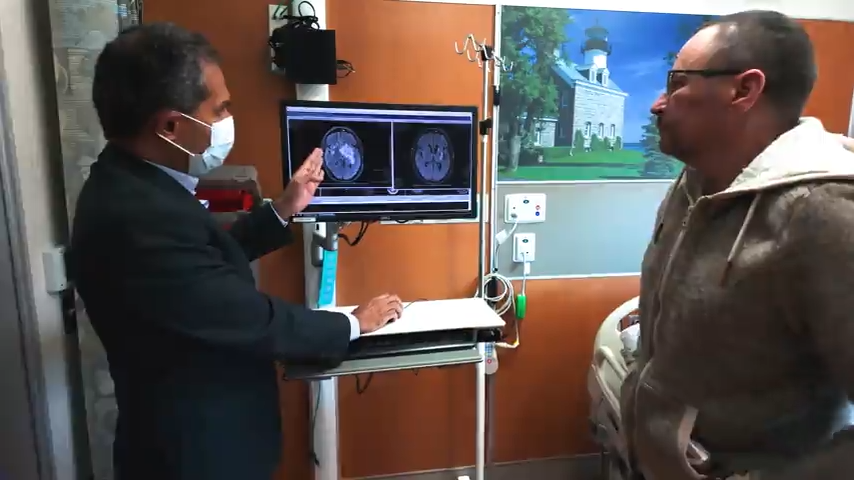
Charles K. Brown Jr. is poised to be a leader in public health. But despite his passion, it’s a field that almost went on without him.
Eight years ago, Brown and his wife had just moved from Florida to Connecticut, when the health director in Manchester told him he was the first choice for a food inspector job. “She calls me back an hour later and says, ‘We can’t hire you … You only have an associate’s degree,’” Brown says. “In the time they had been looking at the position, the state actually changed the requirements for food inspectors to include a bachelor’s degree. So I didn’t have the qualifications at that point.”
Brown, then 30, had put college on hold to serve eight years in the Air Force, during which he served in the first Gulf War.
“The health director said, ‘We can’t do anything for you, but there’s an organization that’s just starting up; it’s a professional association for local health directors, and they’re going to be looking for people with some background in bioterrorism and emergency preparedness,’” Brown says.
He was hired by the Connecticut Association of Directors of Health (CADH) as an education resource assistant.
“If that hadn’t happened, I would have probably been in business or some other field,” Brown says. “It’s just the way the doors open at times that are opportune.”
Brown went back to school while working for the association, and in 2006 he graduated from Central Connecticut State University with a communications degree. UConn was his choice for his master’s of public health (MPH) because of its applied practice program.
“They really were the ones who were looking at public health as it is practiced in the field, and if you look at the current Connecticut public health leaders, quite a few of them have their MPHs from UConn,” Brown says. “I think the time I’ve spent here has prepared me well to be that kind of leader.”
After nearly seven years of full-time commitments as both an employee and student, he says, “I’m going to try to get to know my kids a little more.”
Brown, now the program director for emergency preparedness at CADH, says it’s time the public health field gains the recognition it deserves. It’s a message he wants to deliver to his classmates at the Commencement ceremony May 16: He will invoke the legacy of a British physician whose effort to trace the source of a mid-19th century cholera outbreak has been regarded as a founding event in the science of epidemiology.
“When you look back in history, you had John Snow, who ripped the pump handle off the water pump in London to stop a cholera outbreak,” Brown says. “That’s the type of thing that we need. And that’s the type of thing that we can carry now. We have more tools now to communicate about our value and to spread that message out to the community than anybody’s ever had before. It’s just that we have to take the opportunity as a profession to use them, and to make people understand what it is we do.”


